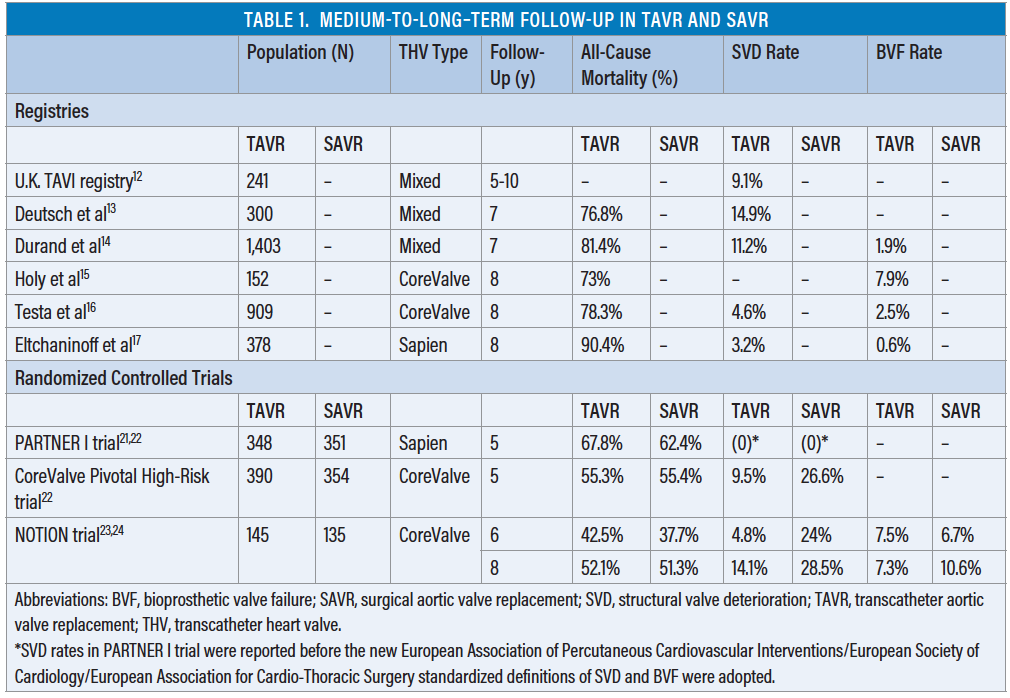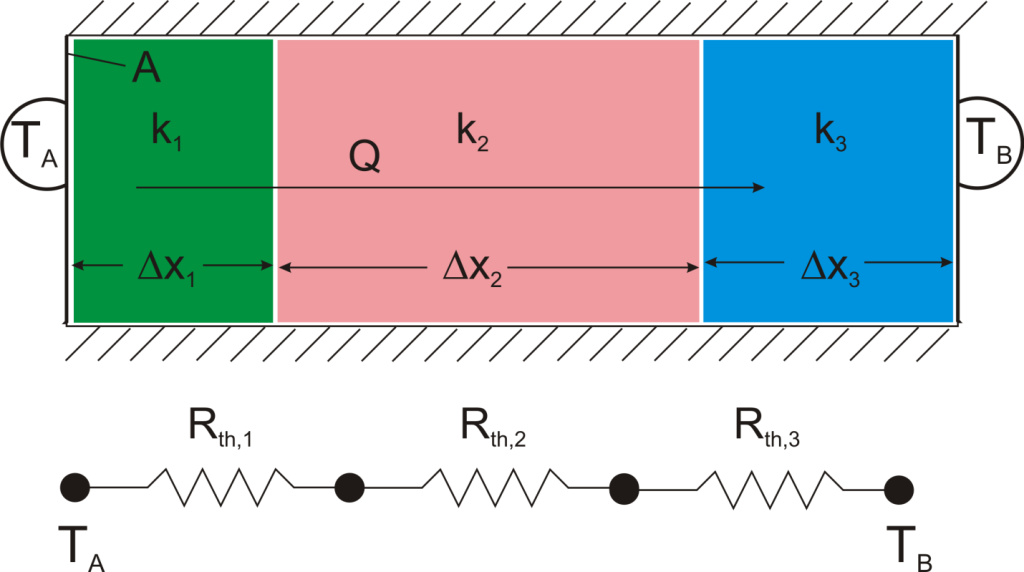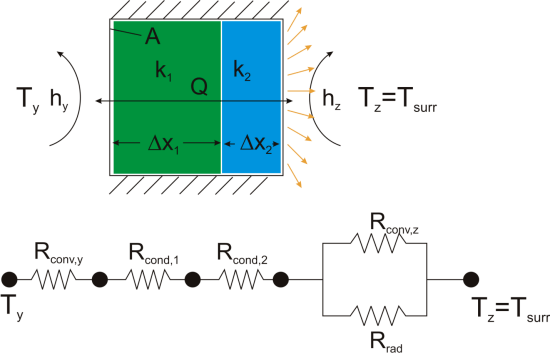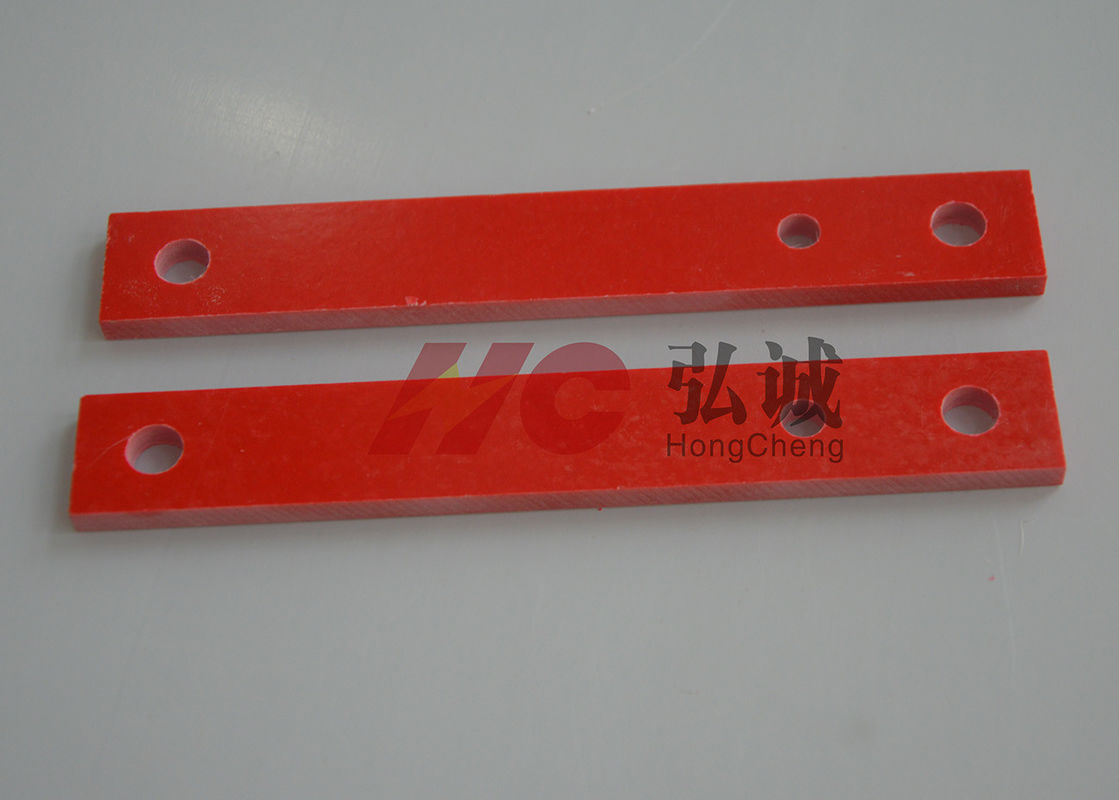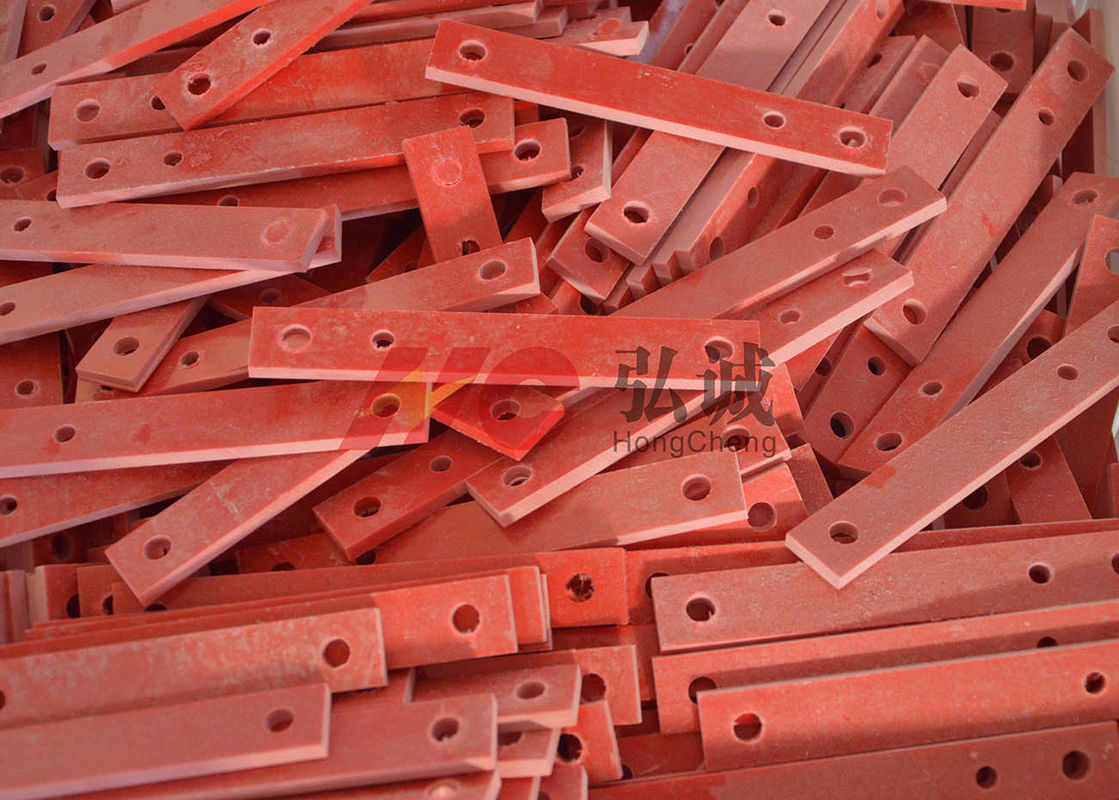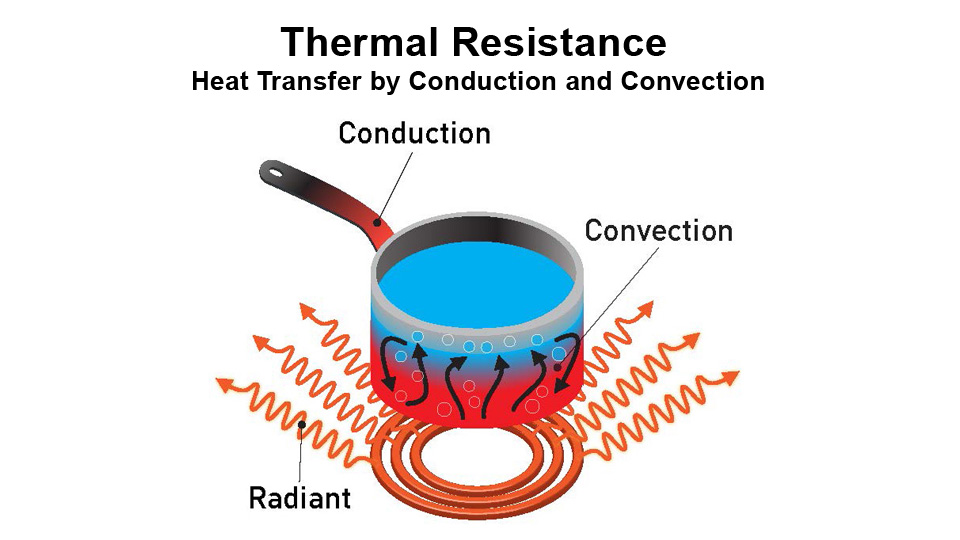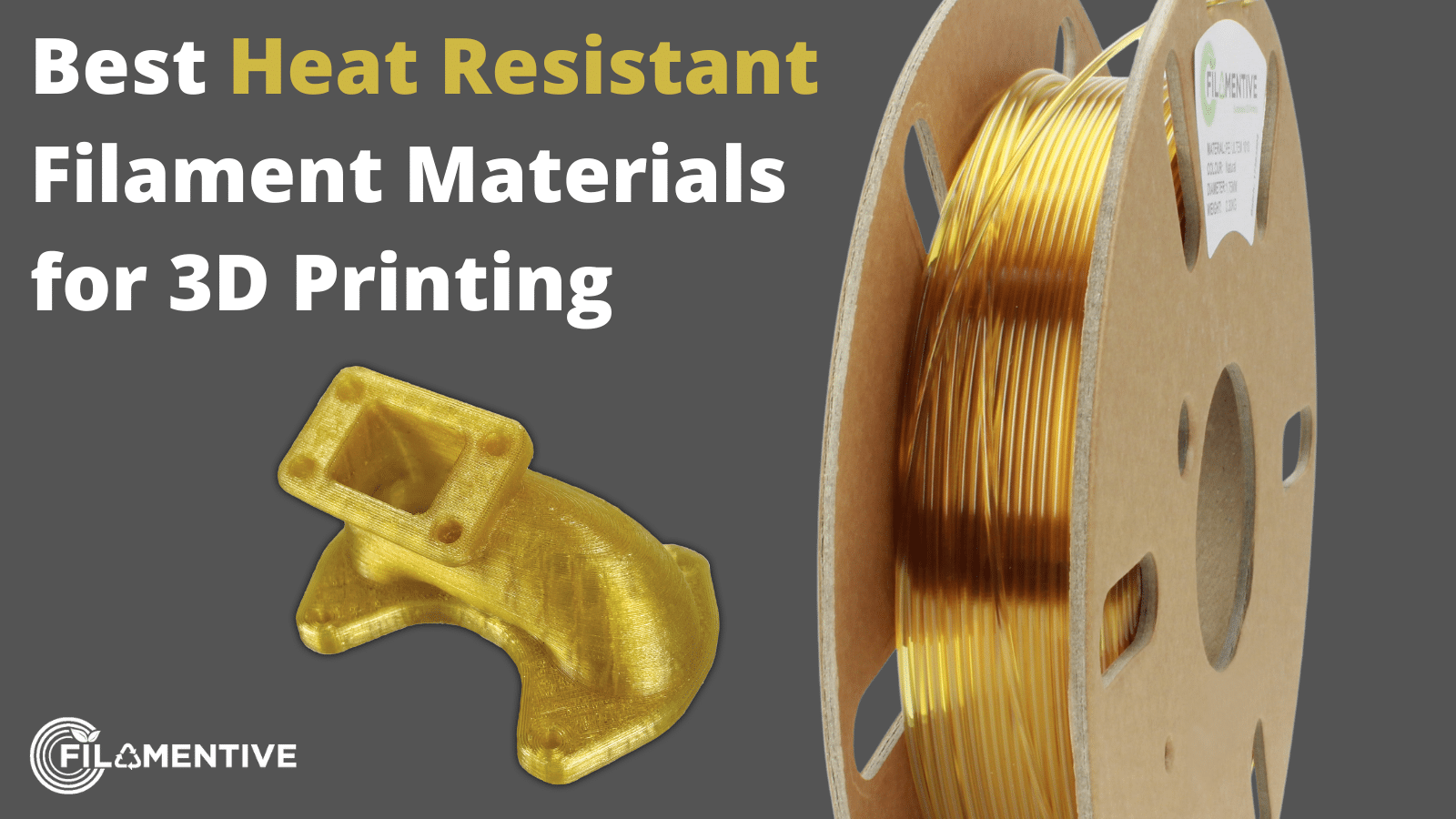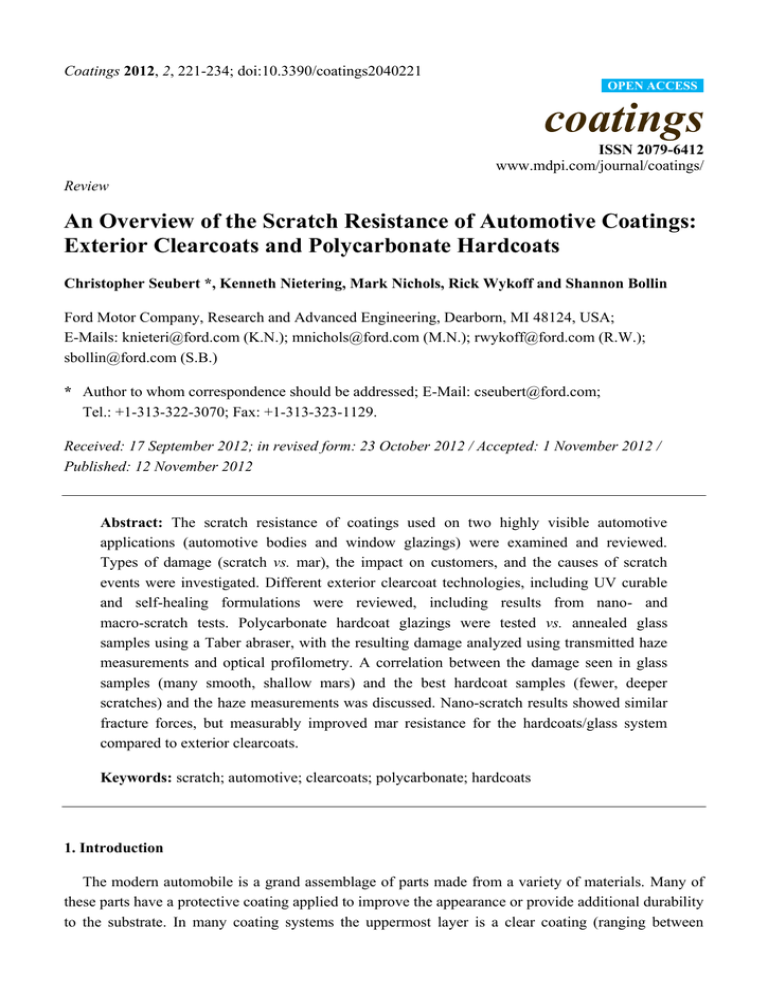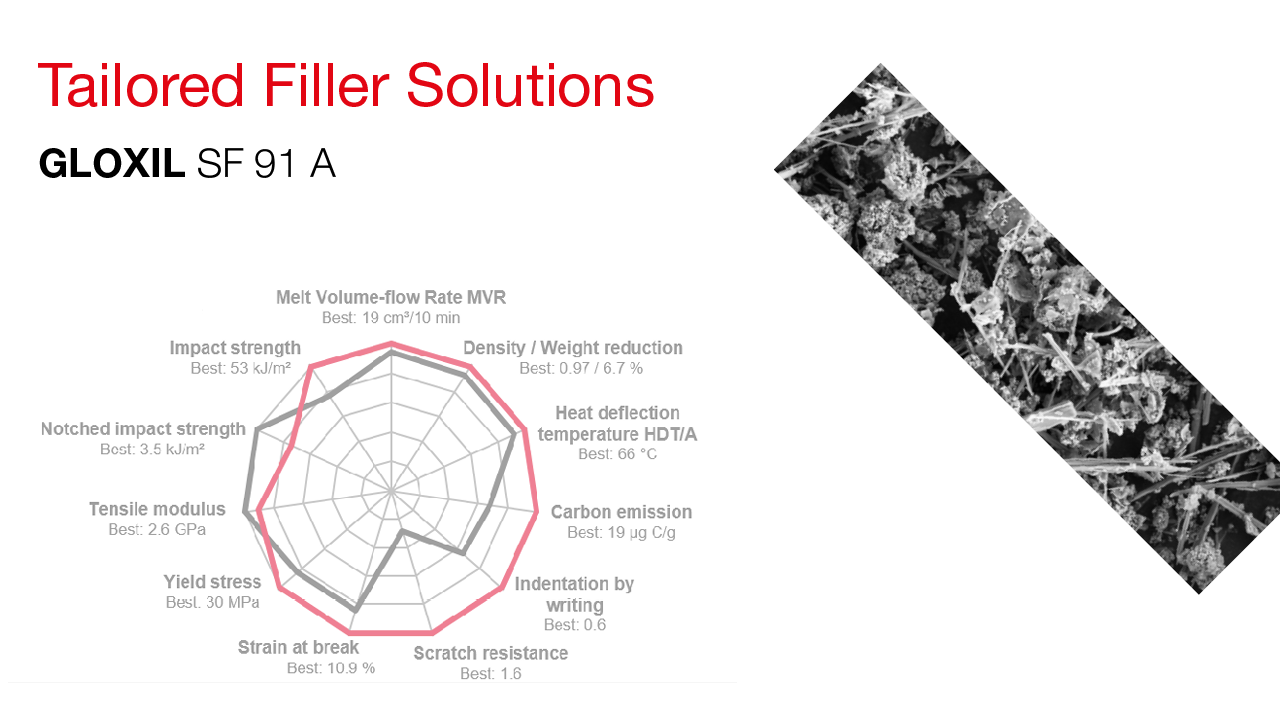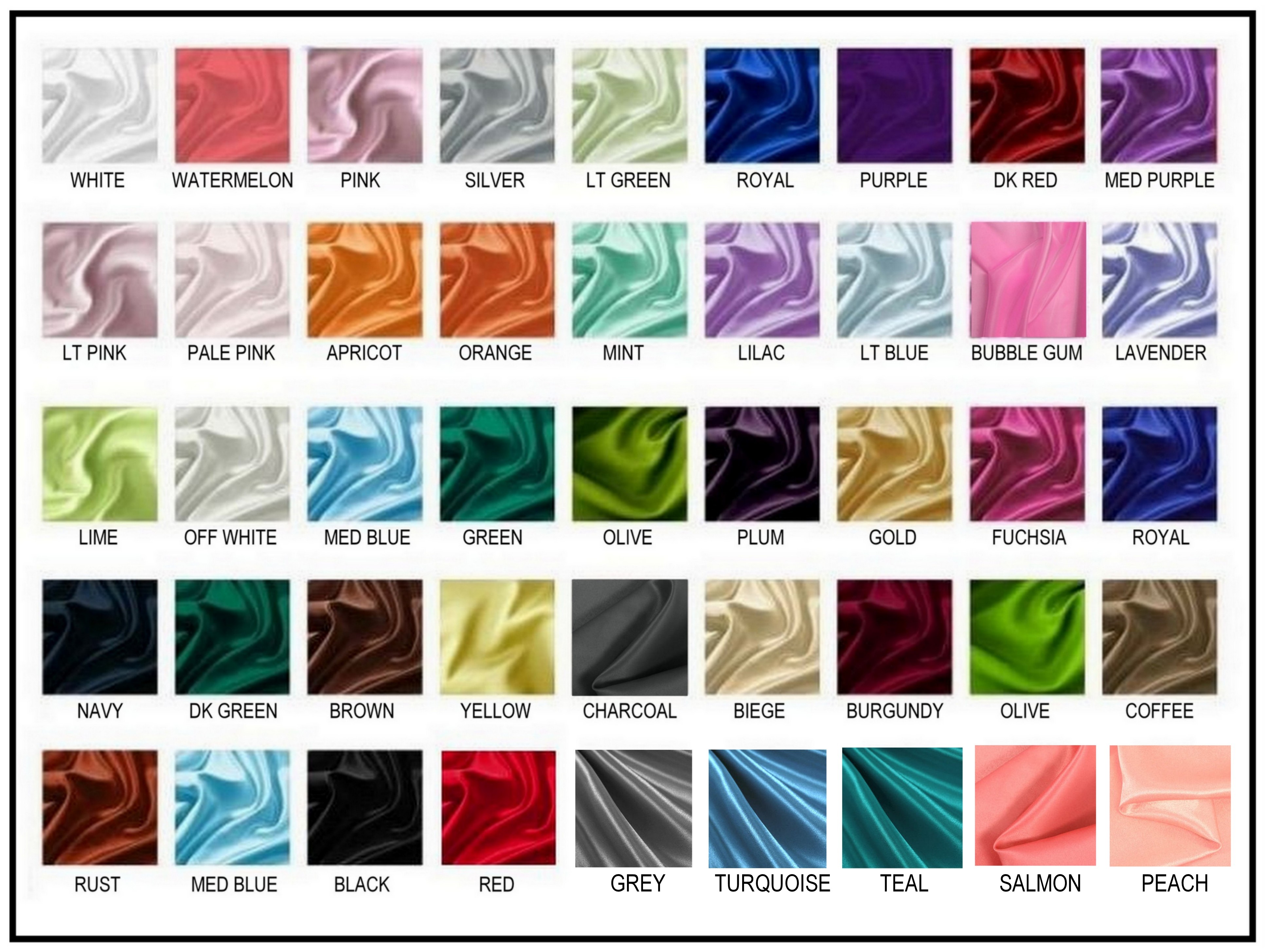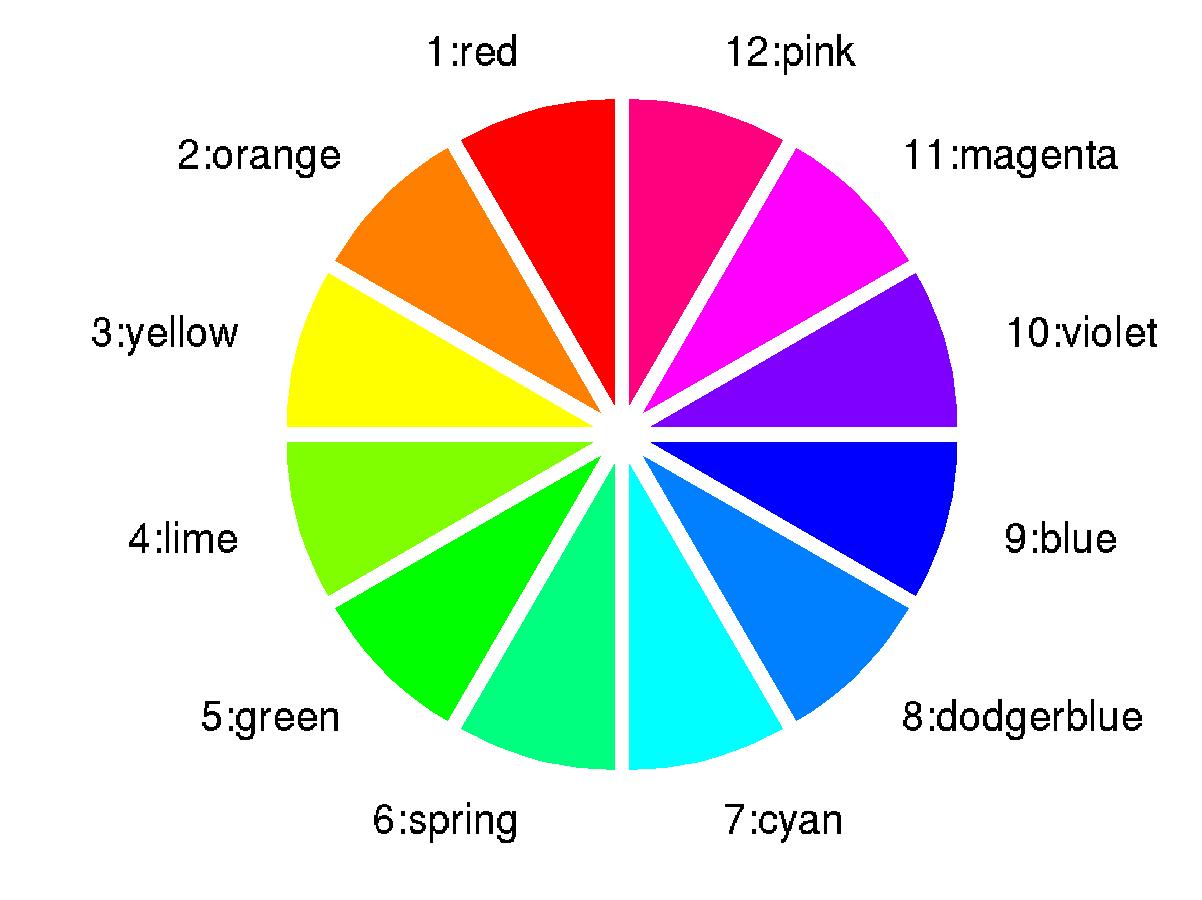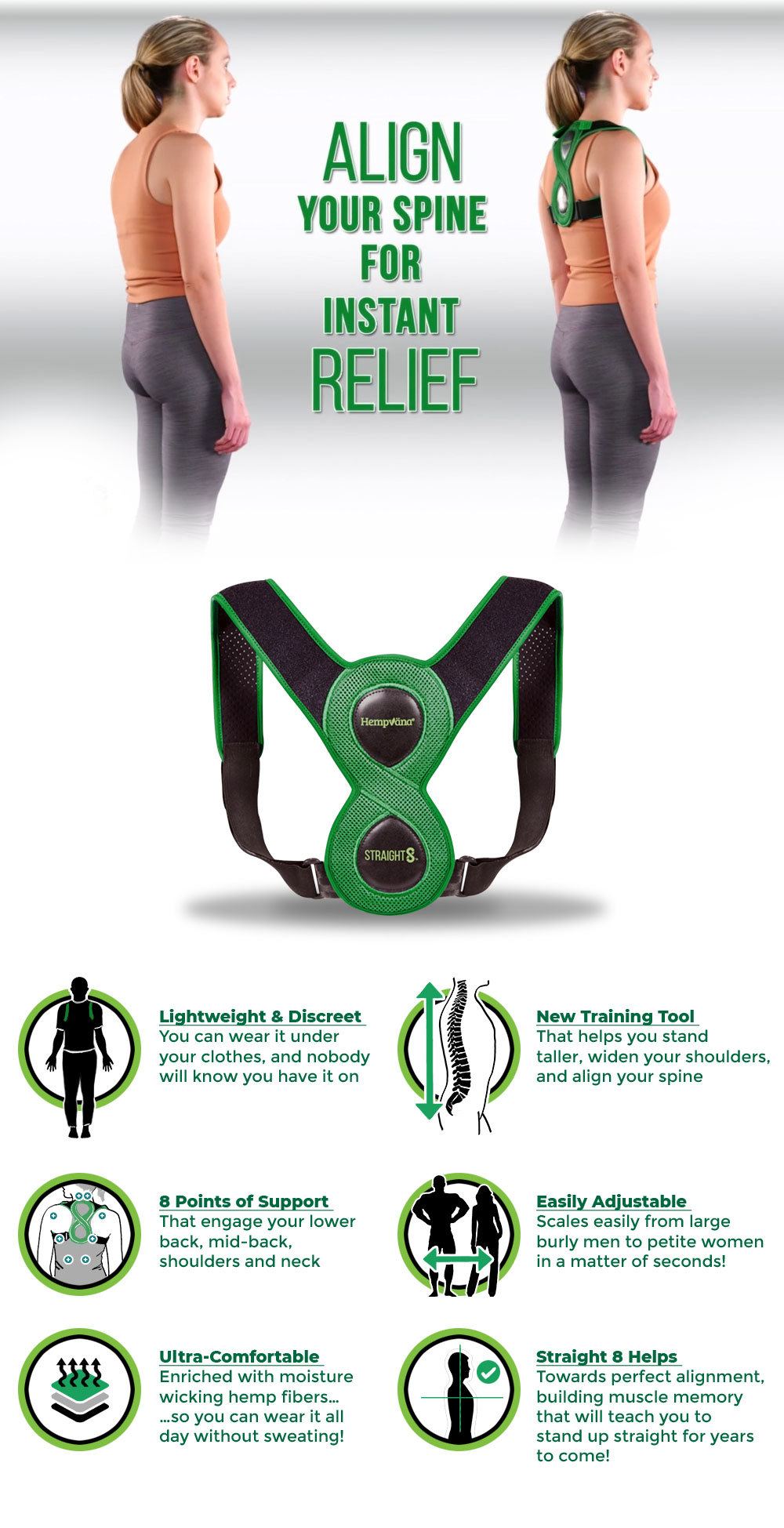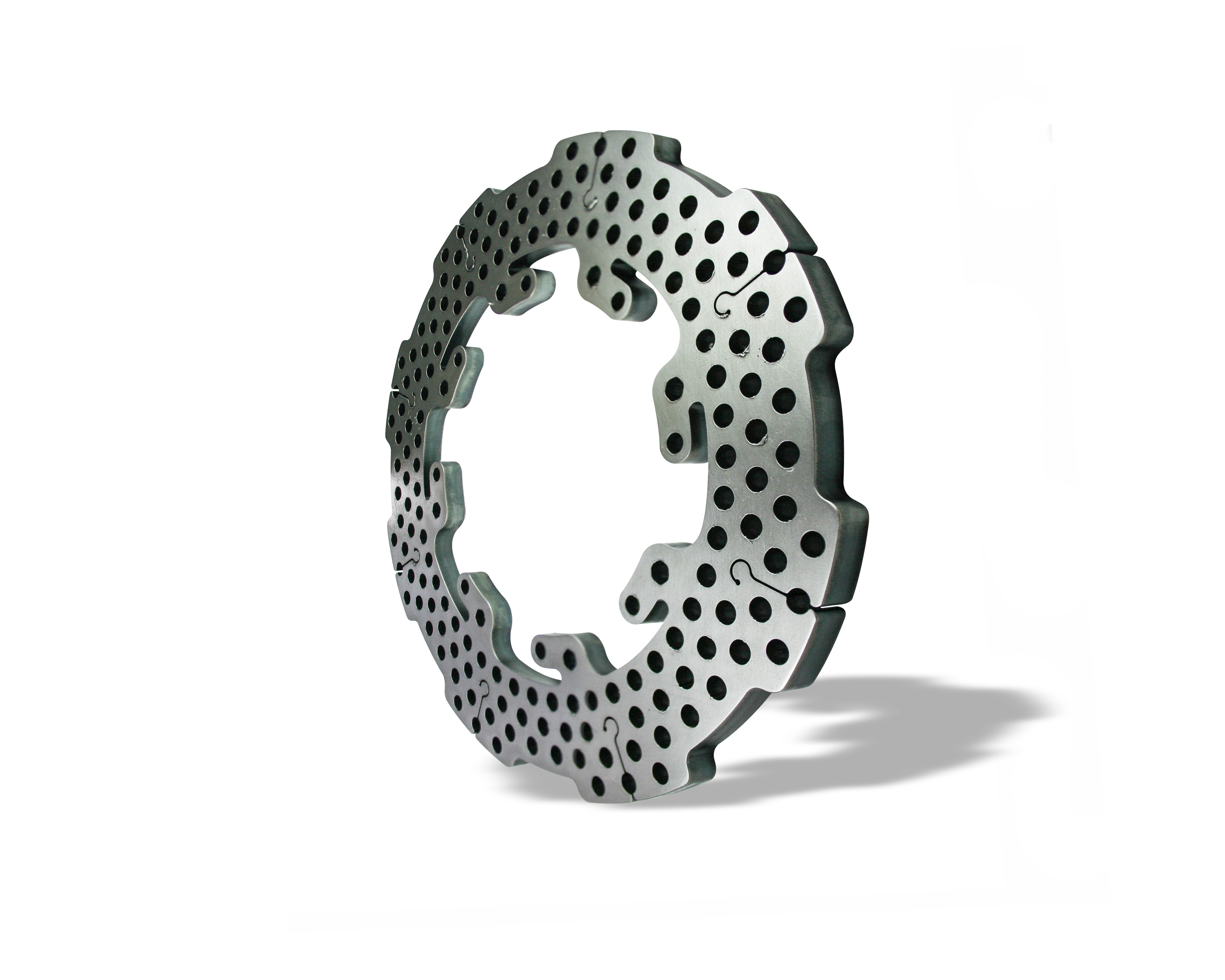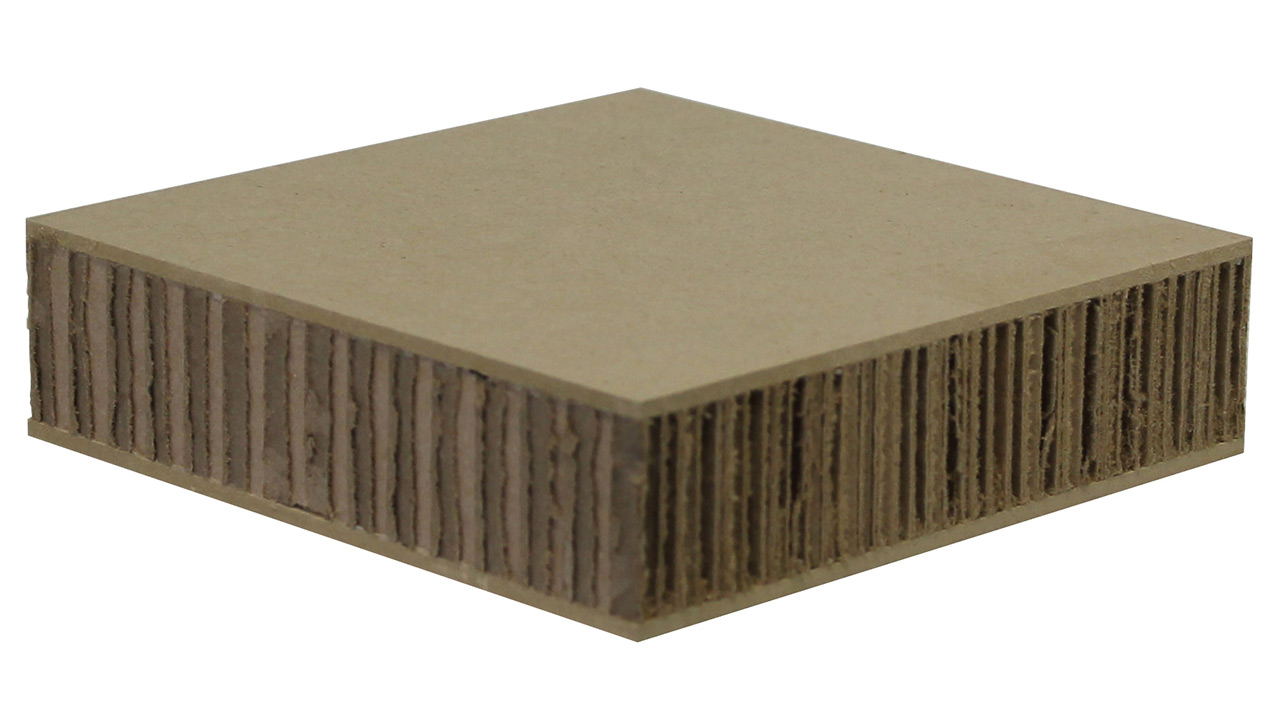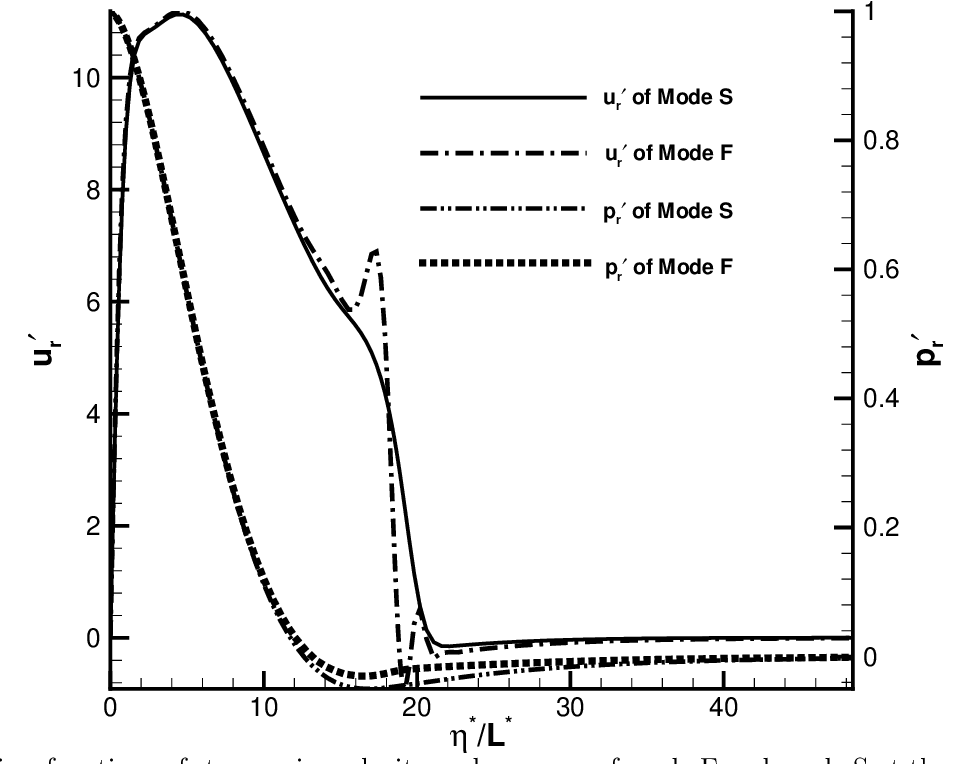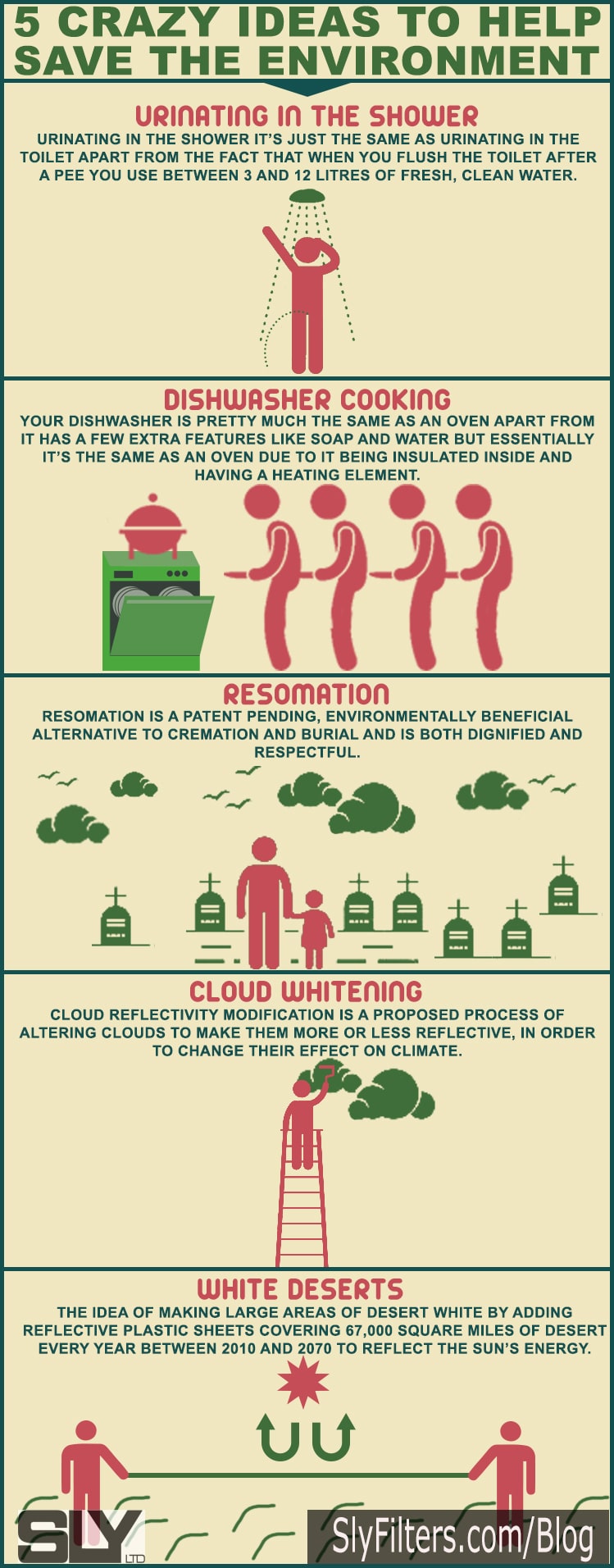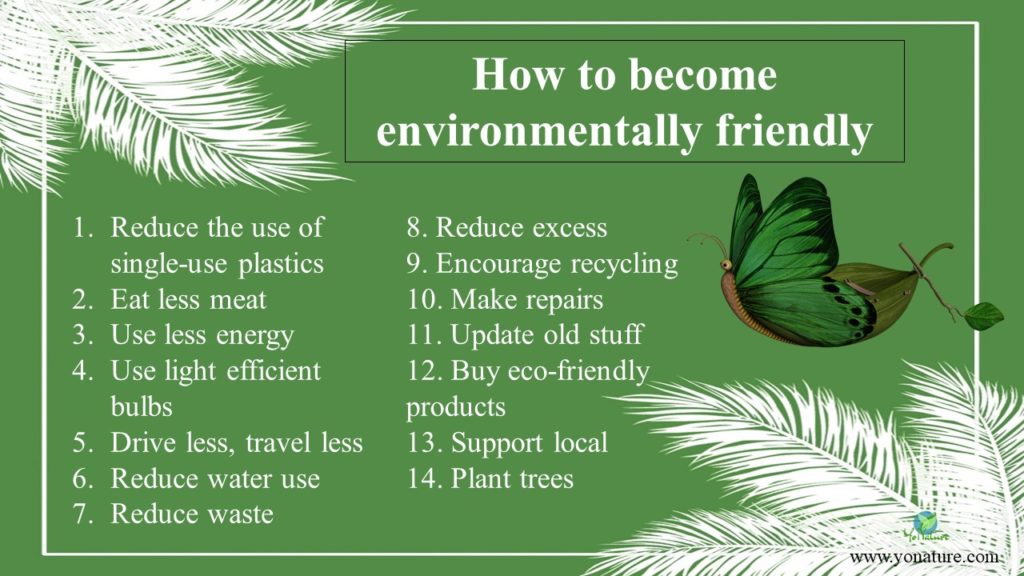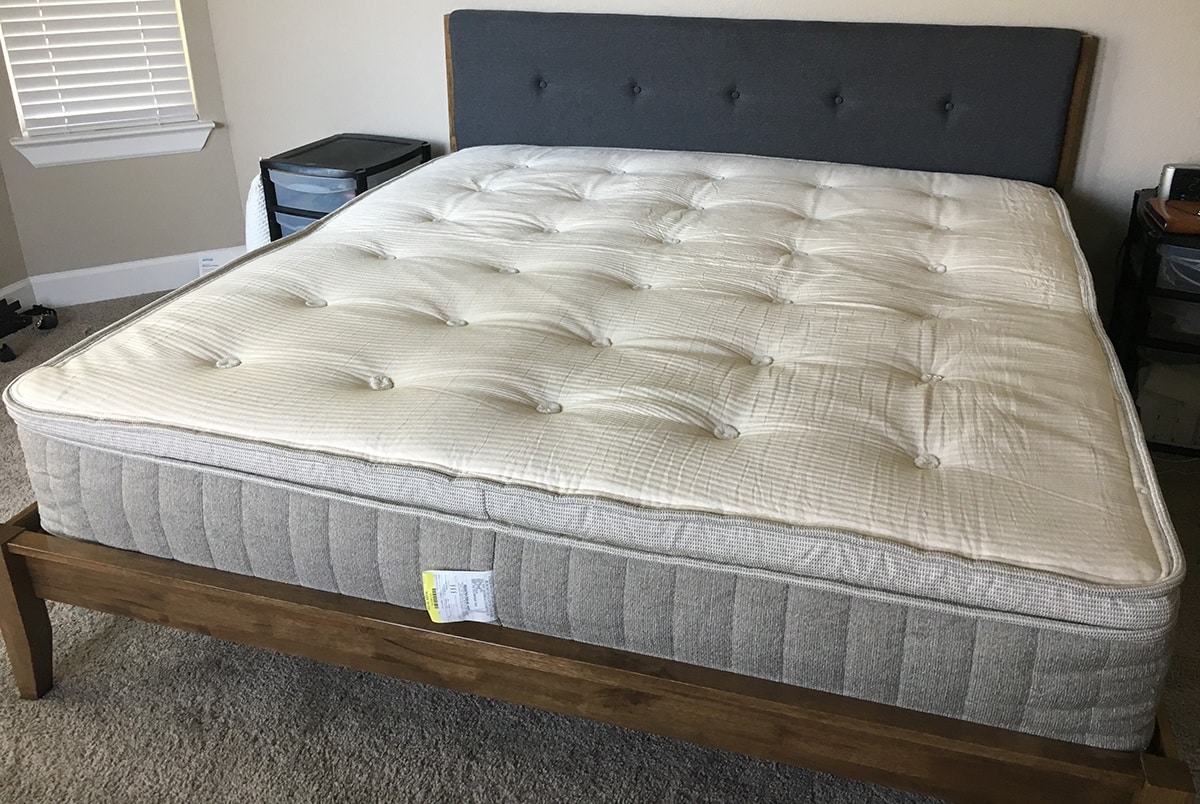Composite kitchen sinks are known for their durability, making them a popular choice among homeowners. Made from a combination of materials such as quartz, granite, and resin, these sinks are highly resistant to chipping, cracking, and fading. This makes them perfect for heavy use, as they can withstand the daily wear and tear of a busy kitchen without losing their quality or appearance.1. Durability
One of the main advantages of composite kitchen sinks is their high resistance to stains. The non-porous surface of these sinks prevents liquids and food particles from seeping in, making them easy to clean and maintain. This means you won't have to worry about stubborn stains or discoloration, making your sink look brand new for years to come.2. Stain Resistance
Another pro of composite kitchen sinks is their ability to withstand high temperatures. Unlike traditional sinks, these sinks can handle hot pots and pans without getting damaged. This is because most composite sinks are made with a high percentage of natural stone, which can withstand heat without warping or melting. This makes them a practical choice for busy kitchens where hot dishes are a common occurrence.3. Heat Resistance
Composite kitchen sinks are also highly scratch-resistant, which is a major advantage over traditional sinks made of stainless steel or porcelain. The combination of materials used to make composite sinks creates a strong and durable surface that can withstand scratches from knives and other kitchen tools. This means your sink will maintain its smooth and polished appearance for many years to come.4. Scratch Resistance
Thanks to their non-porous surface, composite kitchen sinks require minimal maintenance. Unlike other sinks that require regular sealing or polishing, these sinks can be easily cleaned with a mild soap and water. This not only saves you time and effort but also reduces the chances of bacteria and mold growth in your sink.5. Easy Maintenance
Composite kitchen sinks offer a wide range of colors and styles to choose from, making it easy to find one that matches your kitchen's aesthetic. Whether you prefer a classic white sink or a modern black one, there's a composite sink to suit every taste. You can also choose from different shapes and sizes, allowing you to customize your sink to fit your needs.6. Variety of Colors and Styles
Compared to other sink materials, composite sinks are relatively affordable, making them a budget-friendly option for homeowners. While they may cost more than traditional sinks, their durability and low maintenance make them a cost-effective choice in the long run. Plus, with their wide range of colors and styles, you can achieve the look you want without breaking the bank.7. Affordable Price
Composite sinks are much lighter in weight compared to other materials, making them easier to install and handle. This is particularly helpful if you're installing a sink in a DIY project or if you have a smaller kitchen where a heavy sink may be too difficult to maneuver. Despite their lightweight, composite sinks are still strong and durable, making them a practical choice for any kitchen.8. Lightweight
As mentioned earlier, the non-porous surface of composite sinks makes them highly resistant to stains and bacteria. This is because the surface does not allow any liquid or particles to seep in, making it a hygienic choice for your kitchen. This also means your sink will stay odor-free and clean with minimal effort.9. Non-Porous Surface
Lastly, composite sinks are also environmentally friendly, as they are typically made with a high percentage of recycled materials. This makes them a sustainable choice for homeowners who want to reduce their environmental impact. Additionally, their durability means they will last for many years, reducing the need for frequent replacements and reducing waste.10. Environmentally Friendly
The Pros and Cons of Choosing a Composite Kitchen Sink
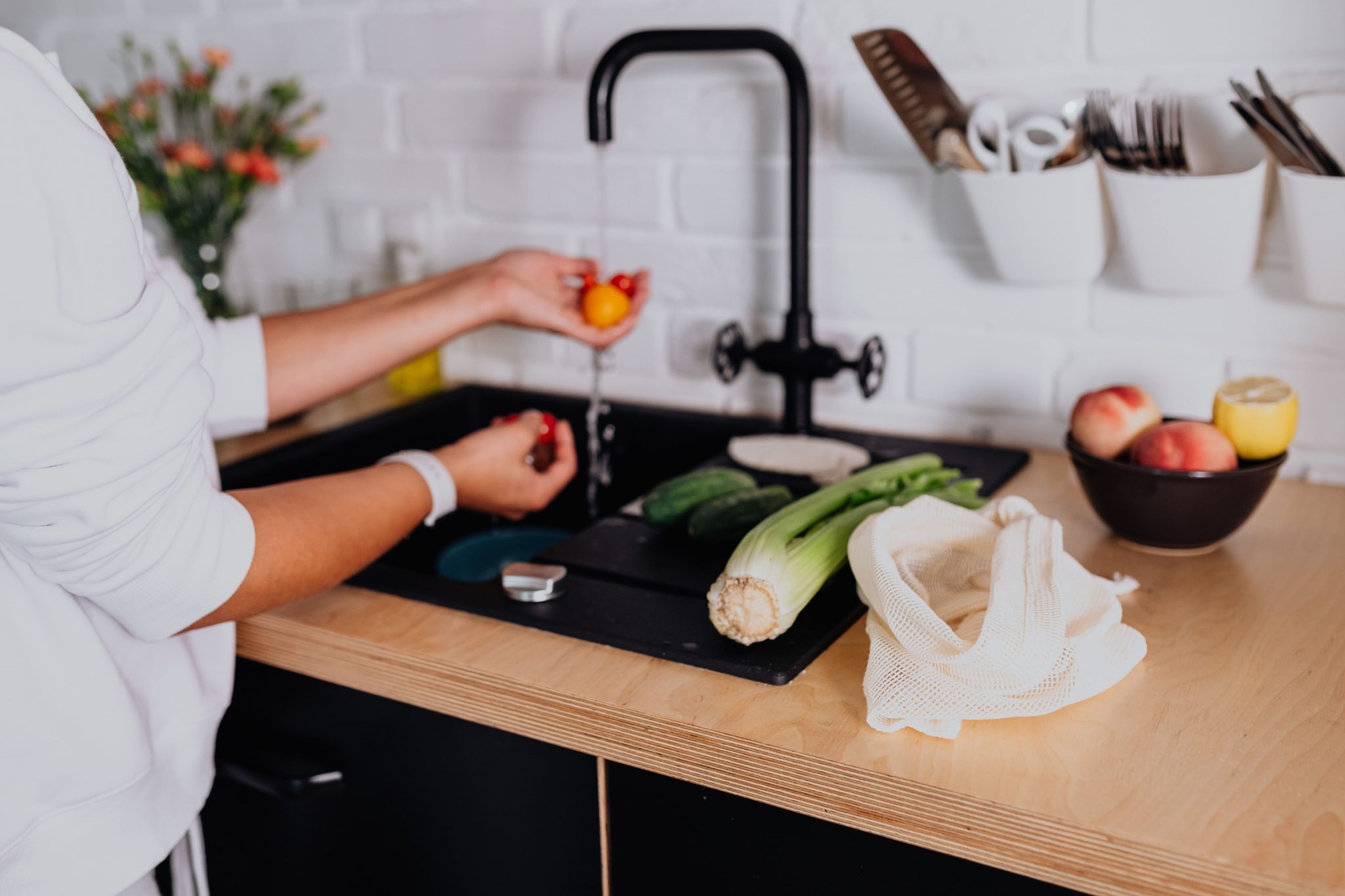
Pros
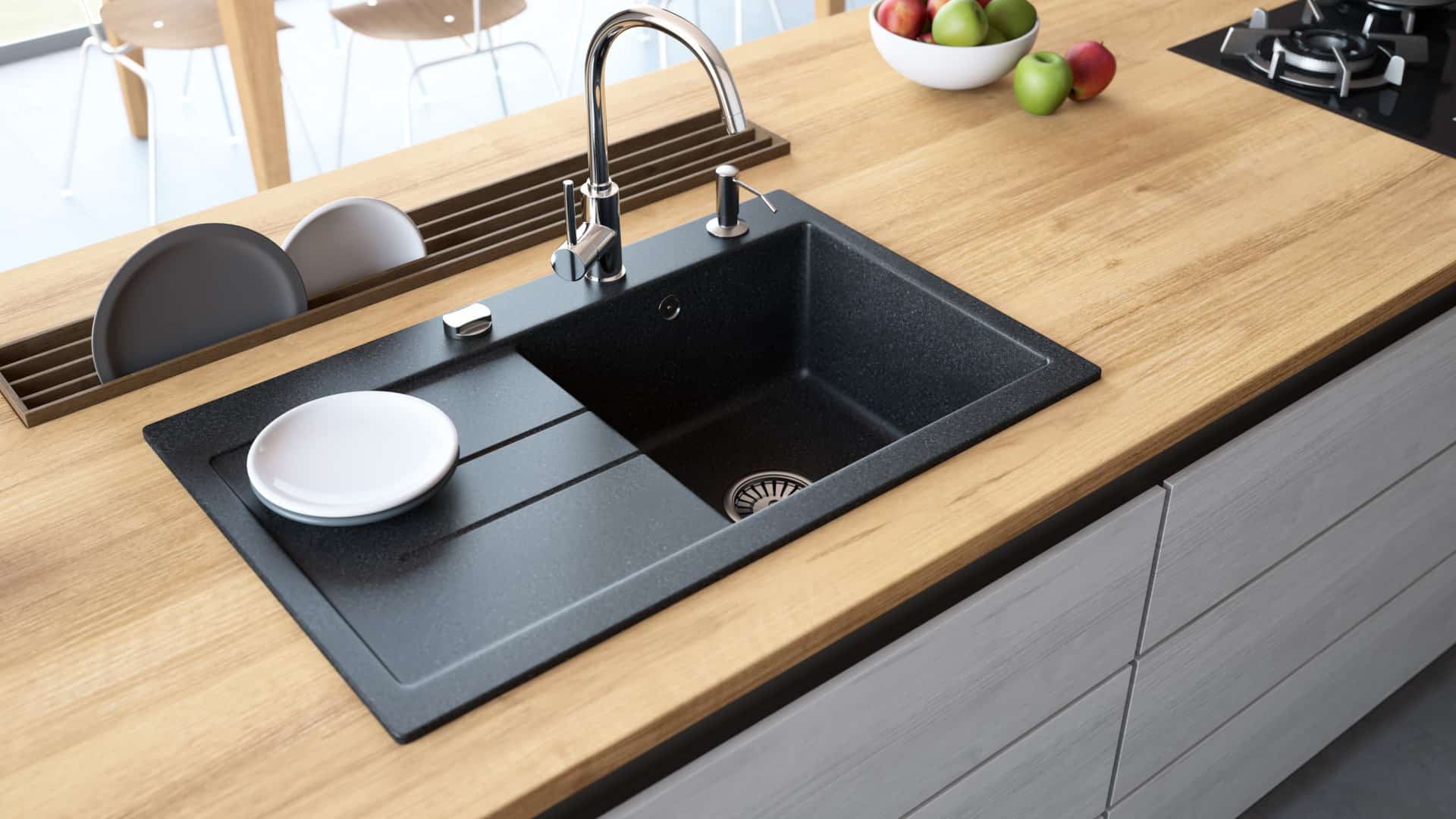 Composite kitchen sinks, also known as granite or quartz composite sinks, have become increasingly popular in recent years. These sinks are made from a combination of granite or quartz particles mixed with resin and are known for their durability and sleek appearance. Here are some of the main advantages of choosing a composite kitchen sink:
Durability:
Composite sinks are highly resistant to scratches, stains, and heat, making them a practical choice for a busy kitchen. They are also less likely to chip or crack compared to other materials such as porcelain or stainless steel.
Easy Maintenance:
Thanks to their non-porous surface, composite sinks are very easy to clean and maintain. They do not require any special cleaners and can be easily wiped down with soap and water.
Wide Range of Colors and Designs:
Unlike other sink materials, composite sinks come in a variety of colors and designs, making it easy to find one that matches your kitchen décor. They can also be molded into different shapes and sizes, giving you more options to customize your kitchen sink.
Affordability:
Composite sinks offer a great balance between quality and price. They are more affordable than natural stone sinks like granite or marble, but still offer a similar luxurious look and feel.
Composite kitchen sinks, also known as granite or quartz composite sinks, have become increasingly popular in recent years. These sinks are made from a combination of granite or quartz particles mixed with resin and are known for their durability and sleek appearance. Here are some of the main advantages of choosing a composite kitchen sink:
Durability:
Composite sinks are highly resistant to scratches, stains, and heat, making them a practical choice for a busy kitchen. They are also less likely to chip or crack compared to other materials such as porcelain or stainless steel.
Easy Maintenance:
Thanks to their non-porous surface, composite sinks are very easy to clean and maintain. They do not require any special cleaners and can be easily wiped down with soap and water.
Wide Range of Colors and Designs:
Unlike other sink materials, composite sinks come in a variety of colors and designs, making it easy to find one that matches your kitchen décor. They can also be molded into different shapes and sizes, giving you more options to customize your kitchen sink.
Affordability:
Composite sinks offer a great balance between quality and price. They are more affordable than natural stone sinks like granite or marble, but still offer a similar luxurious look and feel.
Cons
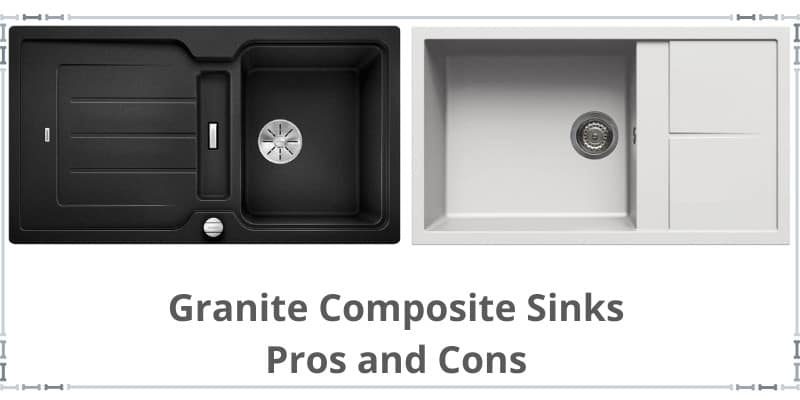 While composite sinks have many advantages, there are also a few drawbacks to consider before making a decision:
Prone to Scratches and Stains:
Despite their durability, composite sinks are not completely immune to scratches and stains. Harsh chemicals and heavy objects can leave marks on the surface, so it's important to use gentle cleaners and avoid placing hot pots directly on the sink.
Not Completely Heat Resistant:
While composite sinks can withstand high temperatures, they are not completely heat resistant. Placing hot pots or pans directly on the sink can cause damage, so it's best to use a trivet or heat-resistant mat.
Less Sound Absorption:
Compared to other materials like porcelain or stainless steel, composite sinks may not offer the same level of sound absorption. This means that they can be noisier when dishes are being washed or when water is running.
Limited Repair Options:
In the event that your composite sink does get damaged, it can be difficult to repair. Unlike other materials that can be sanded or buffed, composite sinks are not as easy to fix and may require a complete replacement.
In conclusion, composite kitchen sinks offer a great combination of durability, easy maintenance, and aesthetic appeal. However, they do have some limitations that should be considered before making a decision. Ultimately, the choice between a composite sink and other materials will depend on your personal preferences and needs.
While composite sinks have many advantages, there are also a few drawbacks to consider before making a decision:
Prone to Scratches and Stains:
Despite their durability, composite sinks are not completely immune to scratches and stains. Harsh chemicals and heavy objects can leave marks on the surface, so it's important to use gentle cleaners and avoid placing hot pots directly on the sink.
Not Completely Heat Resistant:
While composite sinks can withstand high temperatures, they are not completely heat resistant. Placing hot pots or pans directly on the sink can cause damage, so it's best to use a trivet or heat-resistant mat.
Less Sound Absorption:
Compared to other materials like porcelain or stainless steel, composite sinks may not offer the same level of sound absorption. This means that they can be noisier when dishes are being washed or when water is running.
Limited Repair Options:
In the event that your composite sink does get damaged, it can be difficult to repair. Unlike other materials that can be sanded or buffed, composite sinks are not as easy to fix and may require a complete replacement.
In conclusion, composite kitchen sinks offer a great combination of durability, easy maintenance, and aesthetic appeal. However, they do have some limitations that should be considered before making a decision. Ultimately, the choice between a composite sink and other materials will depend on your personal preferences and needs.






